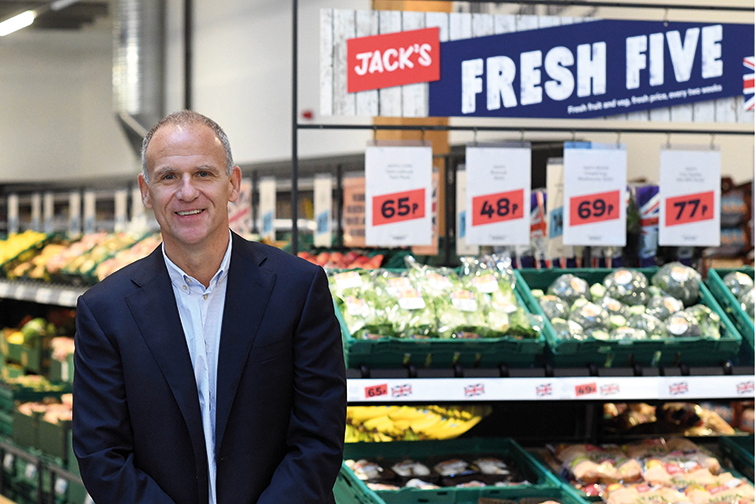
It has been a tough few years for Tesco. The UK’s largest grocery chain crashed in 2014 amid an accounting scandal and it has been struggling to revive its fortunes ever since. It sold off its South Korean and Turkish chains for more than $6bn, pulled out of the US and sold off British assets such as the Giraffe restaurant chain and its mortgage business. Dave Lewis, its chief executive until he leaves next summer, understandably wanted to concentrate on turning around its core British supermarkets. In the chain’s glory years, it felt it could export a winning formula and conquer the world. When it was in trouble, all those overseas units were just a distraction from the problems at home.
Flogging the crown jewels
The mooted sale of its Asian unit, if it happens, will be the biggest divestment yet. Tesco Lotus operates 2,000 stores in Thailand and Malaysia. If it is sold it could fetch £7bn and perhaps more. The whole business is worth only slightly over £20bn. Tesco Lotus is one of the major grocery chains in two fast-growing emerging markets. It is a valuable asset. If it is sold, aside from a central European unit Tesco will be an exclusively British business. The British business faces many challenges – the rise of the discount chains, Brexit, competition from online retailers – so management needs to keep its eye on the ball. But selling the Asian unit will make the business a lot duller.
The British grocery market is saturated. There is very little prospect of any meaningful growth. There is hardly a town left that doesn’t already have a supermarket. Indeed, lots probably have too many. If immigration falls, as it probably will, the population will be static, so there is little prospect of demand expanding. Fewer and fewer people are going to the shops any more as retailers close on the high street and shopping centres become less attractive places to visit. We all need to eat, so we will still be buying groceries, but succeeding in the industry is going to be a dull, hard grind that will take hard work just to stand still.
By contrast, Asia offers growth. Malaysia and Thailand are still developing countries, with growth rates this year of 4.6% and 3.8% respectively. Vietnam, Indonesia and China all offer possibilities for expansion. Tesco had made a great start and started building a brand and expertise in one of the most dynamic regions of the world. If the UK business was stable, Asia could have provided the sizzle along with the steak.
Better to think of the long term
When a company gets into trouble, it is easy to think of selling off units. Some cash will be raised, shareholders will get a special dividend and the company will look in better shape for a few years. But it will sacrifice the potential for long-term growth. Associated British Foods could easily have sold off its Primark fashion chain years ago, for example. In some ways it would have made a lot of sense. But Primark now contributes much of its profits and growth. Whitbread was an old and slightly dull brewer, but its Premier Inn and Costa Coffee chains have both turned into the real drivers of its growth. Costa has now been sold to Coca-Cola, but the budget hotel chain is still thriving. Next was originally launched as a unit of the now largely forgotten Hepworth’s chain and could have been sold off in its first decade, but went on to become one of the UK’s most successful retailers.
The City is quick to demand that units be divested, that companies be sold off and that businesses that drift apart be demerged. It likes the deal-making and shareholders get an instant fix of cash. Yet the price in the medium-term can be a high one. A company needs to have the potential for expansion. It needs some excitement and zip. And it often needs to hang onto an asset for a very long time to realise its full potential. Tesco stripped of its Asian unit will be a simpler business. But it will also be a boring one. In truth, shareholders should worry a lot less about an instant cash injection and a lot more about long-term growth – because that is what is going to deliver over the decades.